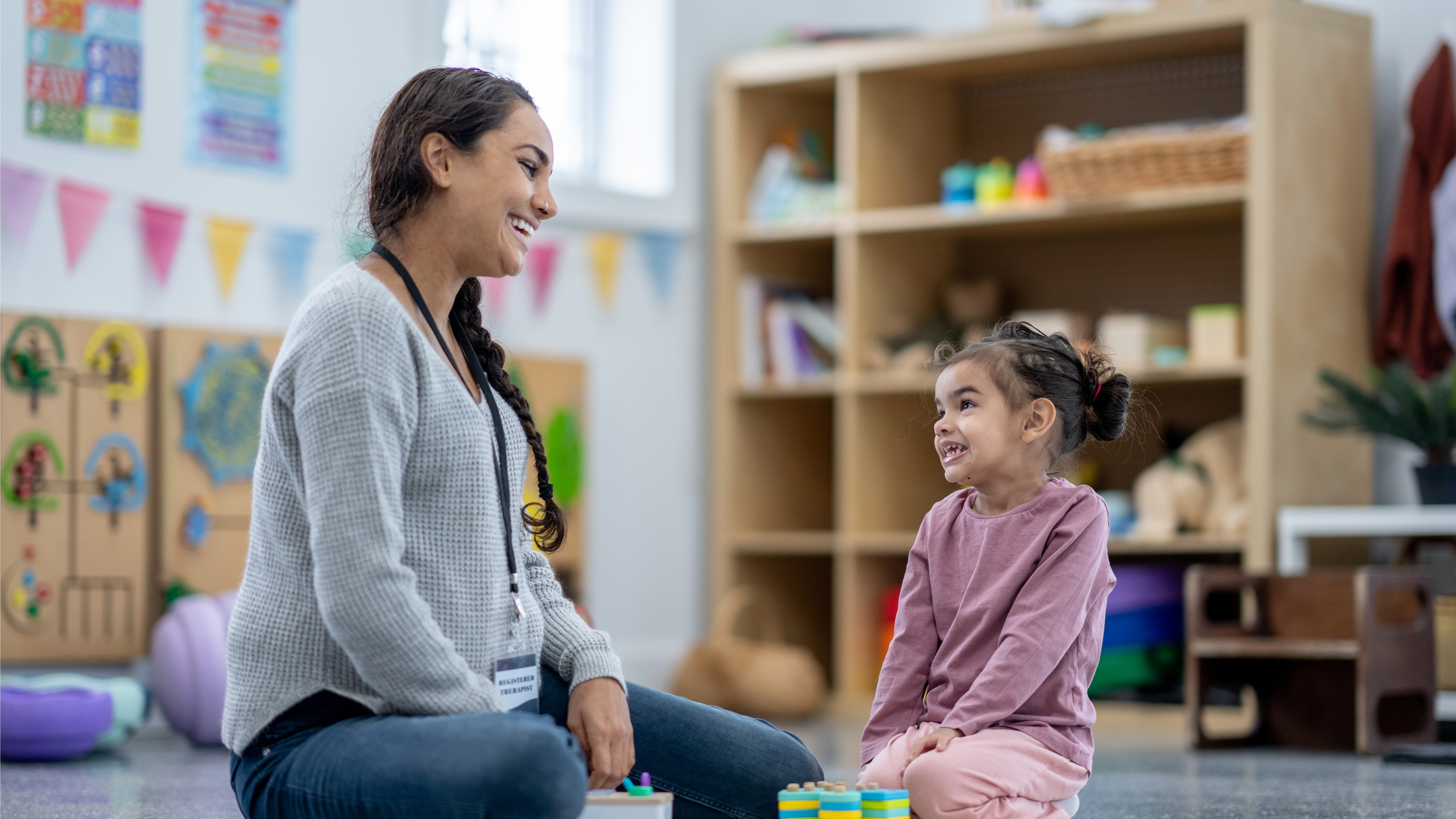
Nurturing Children’s Philosophical Self: A Gateway to Intellectual Growth
In educational settings worldwide, the focus traditionally encompasses the physical, intellectual, social, and emotional growth of children. However, an often overlooked facet is what can be termed the philosophical self—the inherent curiosity and capacity of children to ponder and reflect on profound questions about existence, morality, and the nature of reality. Recognizing and nurturing this aspect is not only possible but can also serve as a transformative experience in educational development.
Encouraging Philosophical Inquiry
Research led by Mohr Lone emphasizes that children instinctively delve into philosophical questions across several domains. For instance, in ethics, children might grapple with queries such as, “How do we decide what to do when we are angry with a friend?” This reflects their burgeoning understanding of interpersonal dynamics and moral reasoning.
In the realm of epistemology, which pertains to the nature of knowledge, children may inquire, “How do we create new ideas?” or “How do we remember things?” This exploration invites them to consider how knowledge is acquired and retained, fostering critical thinking skills.
Metaphysics addresses fundamental inquiries about reality, with young children asking questions like, “What does it mean for something to be real?” Such discussions can lay the groundwork for deep philosophical exploration as they mature.
Finally, in the area of aesthetics, children may question, “What makes something beautiful?” This serves as a pathway for them to explore subjective experiences and cultural differences in perceptions of art and beauty.
The essence of philosophical inquiry lies not in reaching definitive answers but in cultivating an environment where questioning is encouraged and different perspectives can be explored. By doing so, caregivers and educators can support children’s natural curiosity and enhance their ability to articulate their thoughts.
Fostering a Culture of Respect and Inquiry
For children to feel empowered in their philosophical explorations, it is essential to recognize and respect them as capable, creative thinkers. Mohr Lone notes the issue of epistemic injustice—a tendency to underestimate children’s knowledge and capabilities based on their age. To counteract this bias, it is vital to genuinely listen to their questions and take their insights seriously. Employing affirming language and demonstrating curiosity about their thought processes fosters an inclusive environment that nurtures kindness, flexibility, and responsibility.
Engaging in Co-Inquiry
In her article “Finding Questions Worth Asking,” educator Ann Pelo discusses how conversations with children can serve as “incubators for thinking.” Encouraging dialogue can transform ordinary moments into substantial opportunities for intellectual growth. Practical questions such as “Why do you suppose…?” or “How do you think that works?” can facilitate deeper inquiry.
Adding “I wonder” to questions allows children to express their thoughts at their own pace, promoting patient and thoughtful discourse that can lead to unexpected insights.
Practicing Doubt and Belief
When facilitating discussions, adults should practice a balance of doubt and belief. By genuinely engaging with children’s ideas and suspending disbelief, educators can model effective questioning techniques that help clarify and expand upon a child’s thoughts. For example, when discussing concepts like memory and forgetting, children often connect these ideas to sensations beyond mere cognitive thought—drawing links to emotions and physical experiences can deepen their understanding.
Growing Together
As educators embrace the philosophical inquiries of their students, they too experience personal growth. This reciprocal relationship enriches the educational landscape by challenging adult perspectives and offering new insights into the complexities of human cognition and emotion. By fostering a community where philosophical inquiry thrives, we honor children not only as learners but also as budding thinkers and leaders, highlighting their significant role in the collective human experience.
In conclusion, the act of nurturing a child’s philosophical self can elucidate the extraordinary potential housed within ordinary dialogues. As we listen and wonder alongside our children, we enrich our understanding of the world and its myriad mysteries.


